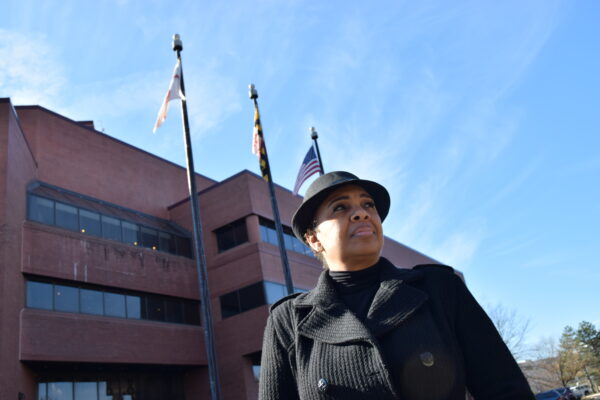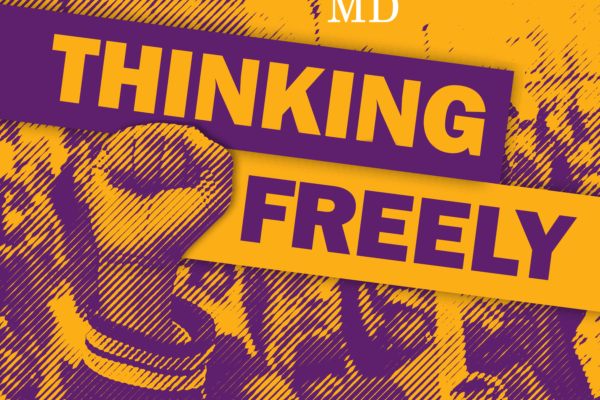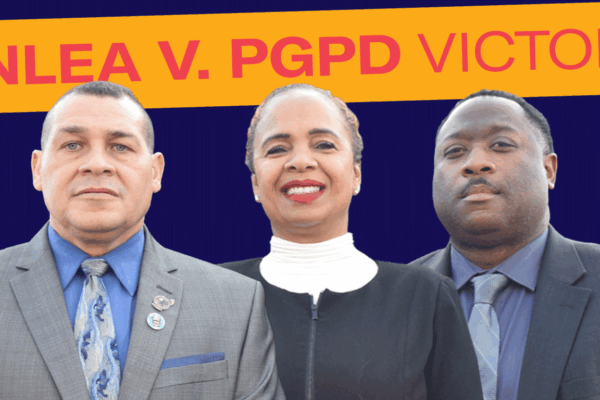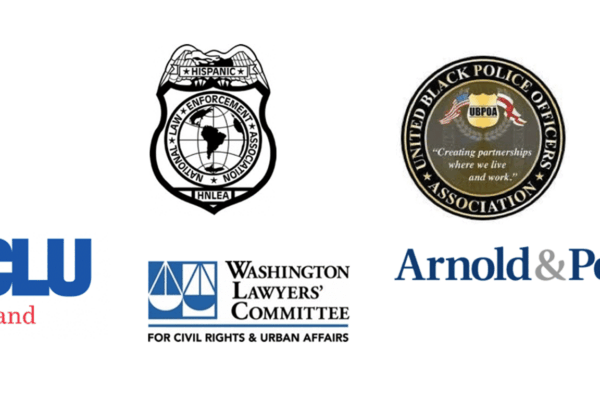In the era of MeToo, brave people continue to speak out against sexual violence. Sonya Zollicoffer has joined voices across the nation by exposing the truth about the sexual harassment she endured while she was a police trainee in Prince George’s Police Department in 2001. Zollicoffer has also filed a legal challenge, along with members of the United Black Police Officers Association and the Hispanic National Law Enforcement Association, to racial discrimination and retaliation against officers and community members of color in the PGPD.
Over her law enforcement career, Lieutenant Zollicoffer received several awards and was even appointed as the PGPD’s media relations spokesperson. Unfortunately, her start with the department was traumatizing. Zollicoffer was sexually harassed by her field training officer, Glen Caradori, shortly after she graduated from the academy.
“His responsibility was to train me to be a great patrol officer,” said Sonya Zollicoffer. “I was sexually assaulted by him. He would call me names. He would call me a b*tch.”
The harassment Lieutenant Zollicoffer endured included Officer Caradori exposing himself to her, inappropriate touching, sexual innuendos, threats, and asking her if she ever had sexual relations with a white man before. Eventually, Lt. Zollicoffer filed a formal sexual harassment complaint against Caradori.
“I felt violated, disrespected, scared, and afraid to tell anyone because he made it clear, no one will believe you,” said Zollicoffer. “I couldn’t sleep at night after leaving work because I couldn’t believe this was happening to me.”
PGPD falsely assured Zollicoffer that Caradori would be fired. However, he was only given a $1,500 fine and other minor disciplinary measures. Caradori was transferred and still remains employed with PGPD.
“I was mainly trying to protect myself from the person that was supposed to protect me and show me how to become a police officer,” said Zollicoffer. “I told the truth and that officer is still here. The police department did not protect me.”
The abuse and discrimination that Zollicoffer has endured did not end there, unfortunately. Years later, in 2018 when she was working in internal affairs, Zollicoffer raised concerns about Black officers receiving harsher punishment for disciplinary matters than white officers. After she spoke out, PGPD transferred her involuntarily to a less desirable position in patrol that was near the area where the sexual assault occurred. Zollicoffer believes this was an act of retaliation because she has spoken out against injustice within the department.
“I knew what the consequences were of speaking up,” said Zollicoffer. “I do not regret it.”
As a result of these traumatic experiences, Zollicoffer struggles with depression and posttraumatic stress disorder. She is also a breast cancer survivor who has been denied reasonable accommodations, such as being allowed to wear police vests for only eight hours instead of 10, because scar tissue from her previous surgery makes them painful to wear. PGPD has even gone as far as requiring Zollicoffer to take a fitness for duty exam or risk being terminated, a test that would not have been necessary had she not been transferred to foot patrol from her previous position in internal affairs.
As the MeToo movement continues to shed light on the ways that sexual harassment has impacted people’s careers, more and more voices and stories are being heard. Yet, backlash against people who speak out, especially Black women, continues. Zollicoffer said, “I have been told by a white officer: ‘We don’t give a f*ck what you think. You have to adjust, not us.’”
One of the most vital aspects of community is support, acknowledging others who speak their truths and supporting them through difficult times. In this way, we move forward together as a just society.
“I’m going out here to do what I’m supposed to do and that is to represent as a Black woman on the police department,” said Zollicoffer. “To represent as a Black woman from this community that will speak up, that’s the reason why I joined this lawsuit. And I do hope others will speak their truths.”





